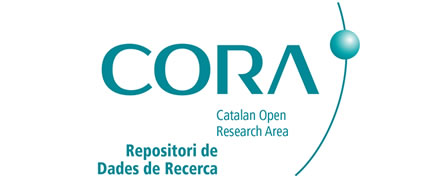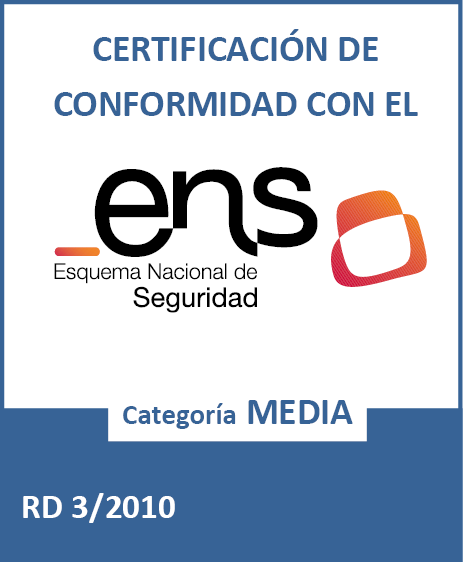- Necessary cookies
Necessary cookies
Necessary cookies cannot be disabled. They are necessary to provide some functionality of the website such as navigation or access to secure areas of the website, and also to make it more accessible.
Affected cookies:- [Missing language object]
NameDomainExpirationDescriptionrc::agstatic.comPersistentThis cookie is used to distinguish between humans and bots. This is beneficial for the website to produce valid reports on web usage (CAPTCHA).rc::cgstatic.comOut of session. Ends when the session ends.This cookie is used to distinguish between humans and bots (CAPTCHA).what-intentcsuc.catOut of session. Ends when the session ends.Determines the device used to access the web. In this way, the website is presented in the appropriate format.cconsentcsuc.catPersistentStores the user's cookie consent state for the current domain.NameDomainExpirationDescriptionrc::agstatic.comPersistentThis cookie is used to distinguish between humans and bots. This is beneficial for the website to produce valid reports on web usage (CAPTCHA).rc::cgstatic.comOut of session. Ends when the session ends.This cookie is used to distinguish between humans and bots (CAPTCHA).what-intentcsuc.catOut of session. Ends when the session ends.Determines the device used to access the web. In this way, the website is presented in the appropriate format.cconsentcsuc.catPersistentStores the user's cookie consent state for the current domain.
- Analytics cookies
- OffOn
Analytics cookies
Analysis or optimization cookies collect anonymous information about the use of the website, the pages you visit, the elements you interact with or how you arrived at the website. They are used to analyze the behavior of users on the web and improve their experience.
Affected cookies:- [Missing language object]
NameDomainExpirationDescriptionGoogle Analytics_gacsuc.cat2 yearsRegisters an identification that is used to generate statistical data about how the visitor uses the website._ga_#csuc.cat2 yearsIt collects data on the number of times the user has visited the website, in addition to data on the first and most recent visit._gatcsuc.cat1 minuteTo limit the percentage of requests._gidcsuc.cat24 hoursRegisters a unique identification to generate statistical data on how the visitor uses the website.NameDomainExpirationDescriptionGoogle Analytics_gacsuc.cat2 yearsRegisters an identification that is used to generate statistical data about how the visitor uses the website._ga_#csuc.cat2 yearsIt collects data on the number of times the user has visited the website, in addition to data on the first and most recent visit._gatcsuc.cat1 minuteTo limit the percentage of requests._gidcsuc.cat24 hoursRegisters a unique identification to generate statistical data on how the visitor uses the website.









